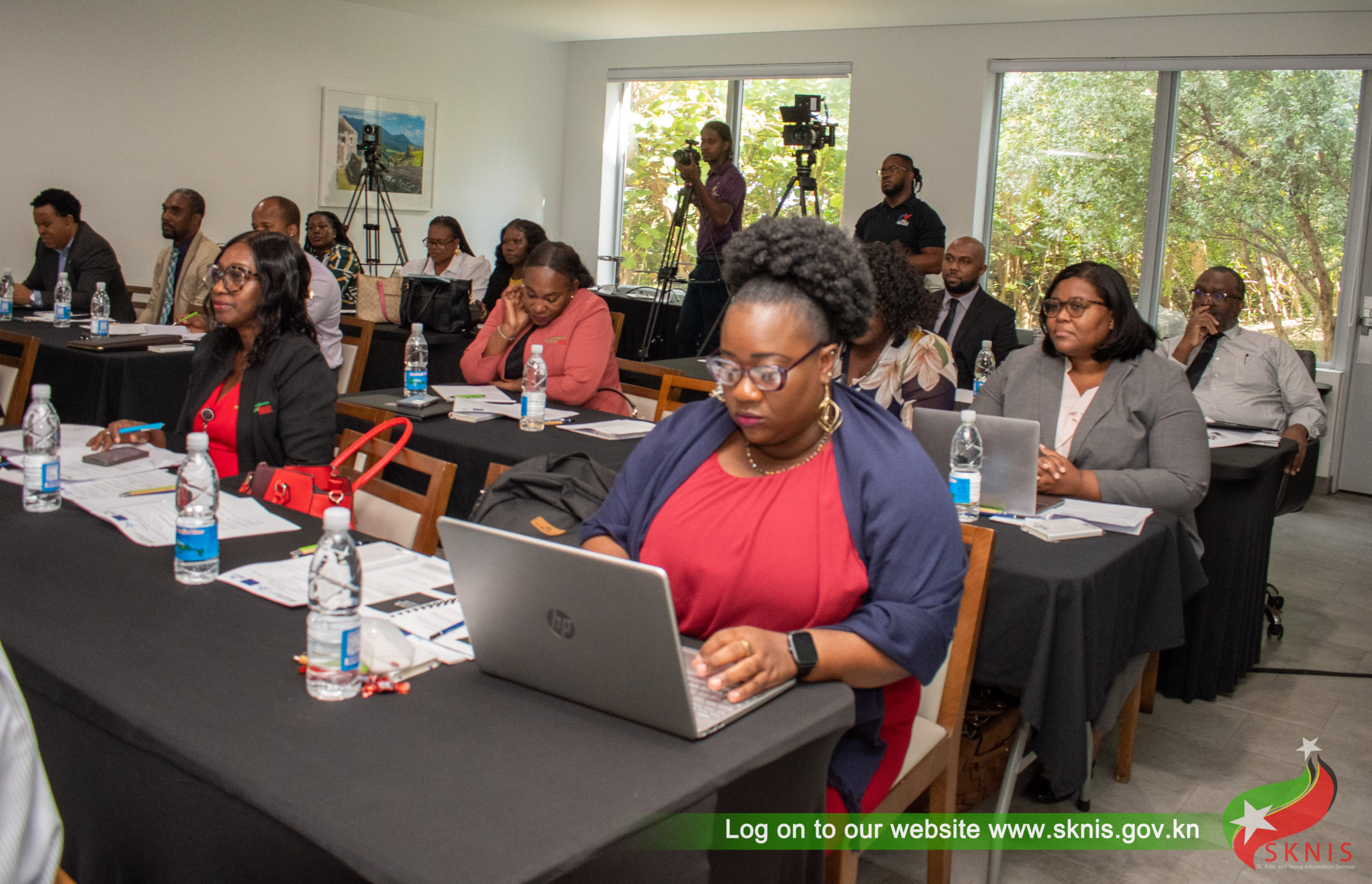OECS Commission Advances Harmonization of Competition Policy and Enforcement.
The Importance of Fair Competition in the OECS Region
The Organisation of Eastern Caribbean States (OECS) Commission is embarking on a critical initiative to bolster fair competition within its member states. This effort is driven by the recognition that robust competition is essential for promoting economic efficiency, enhancing consumer welfare, and fostering a dynamic business environment. The OECS Commission is collaborating with the Ministry of Trade, Industry, Commerce & Consumer Affairs in St. Kitts and Nevis and the CARICOM Competition Commission (CCC) to conduct a two-day high-level workshop focused on competition policy and law enforcement. This workshop, held under the 11th EDF-RIGHT Project, aims to establish a framework for effective competition regulation within the region.
St. Kitts and Nevis’ Commitment to Fair Competition
The Right Honourable Dr. Denzil Douglas, Senior Minister and Minister responsible for International Trade, Industry, Commerce, and Consumer Affairs in St. Kitts and Nevis, emphasized the significance of trade to the Caribbean region’s economies during the workshop’s opening ceremony. He reaffirmed the government’s commitment to promoting economic activity through facilitating business transactions and fostering a conducive environment for profitability. However, he stressed that profitability should not come at the expense of consumer rights or involve practices that disadvantage competitors, thereby distorting fair competition.
Addressing Anti-Competitive Practices
As a signatory to the Revised Treaty of Chaguaramas, St. Kitts and Nevis is obligated to enact national competition laws to curb anti-competitive business practices. Senior Minister Douglas highlighted the need to address this deficiency, particularly in light of global financial challenges stemming from external factors like wars and supply chain disruptions. Failure to implement effective competition laws could further exacerbate consumer hardship by allowing practices that lead to price increases. He reiterated the call for advanced discussions on competition policy regulations for the OECS region.
The Workshop’s Objectives
The two-day workshop aims to achieve several key outcomes. Primarily, it seeks to establish a consensus on the legislative and institutional design required for effective competition policy enforcement. This includes defining the scope of competition law, identifying the responsible authority for enforcement, and outlining the procedures for investigating and addressing anti-competitive practices. The workshop also aims to develop a comprehensive roadmap and action plan for implementing the agreed-upon design. This roadmap will detail the steps necessary to bring the legal framework into effect, establish the enforcement agency, and educate businesses and consumers about their rights and responsibilities under the new competition regime.
The Benefits of Effective Competition Policy
An effective competition policy offers numerous benefits to the OECS region. It promotes economic efficiency by encouraging businesses to operate efficiently, innovate, and offer competitive prices. This leads to increased consumer choice, higher quality goods and services, and improved value for money. Fair competition also fosters a dynamic business environment by preventing monopolies and promoting the entry of new businesses, which drives innovation and economic growth. Moreover, it enhances consumer welfare by protecting consumers from unfair pricing, misleading advertising, and other anti-competitive practices. Finally, robust competition laws contribute to a stronger regional integration by ensuring a level playing field for businesses across all member states and promoting cross-border trade.
Expected Outcomes and Future Directions
The OECS Commission expects the workshop to lay the foundation for significant advancements in competition policy within the region. The agreed-upon legislative and institutional design will provide a template for member states to develop and implement their own national competition laws, ensuring harmonization across the region. The roadmap and action plan will guide the implementation process and ensure timely progress towards the establishment of effective competition regimes. The OECS Commission, in collaboration with its partners, will continue to provide technical assistance and support to member states in this endeavor. The ultimate goal is to create a fair and competitive business environment that promotes sustainable economic development and benefits consumers throughout the OECS region. The workshop is a critical stepping stone in achieving this objective and underscores the OECS’s commitment to fostering a vibrant and competitive single market. This commitment will contribute to the overall growth and prosperity of the region, ensuring a more equitable and sustainable economic future for all its citizens. The collaborative efforts of the OECS Commission, member states, and regional partners are essential for successful implementation and the realization of these long-term benefits.
Share this content:












Post Comment